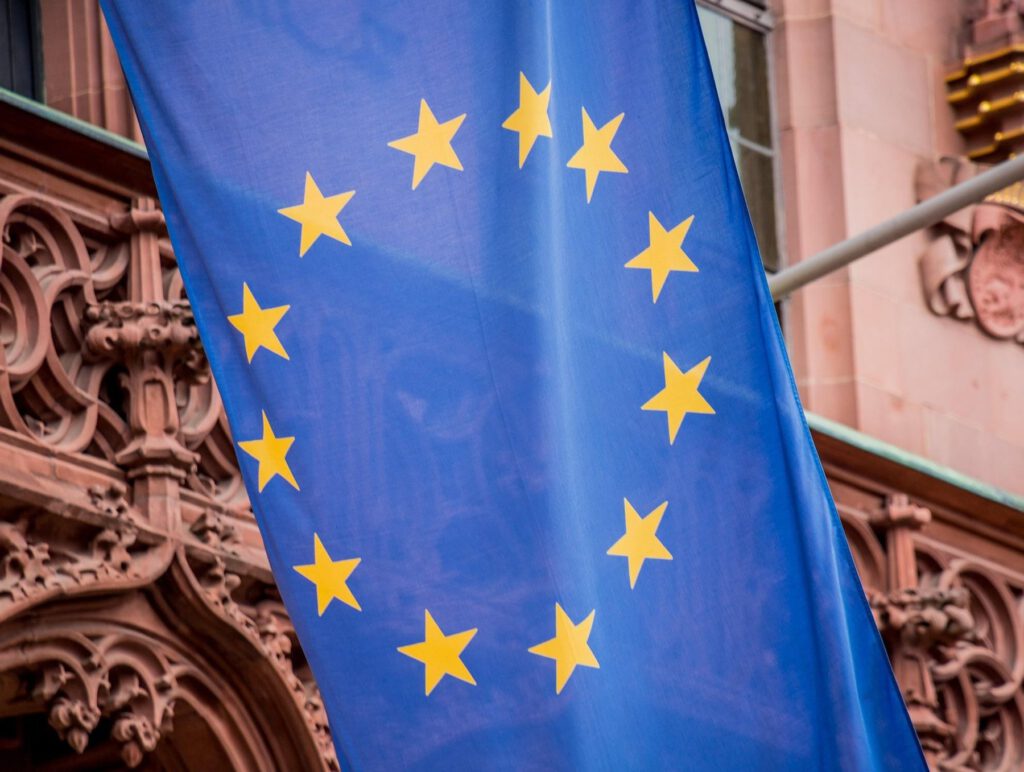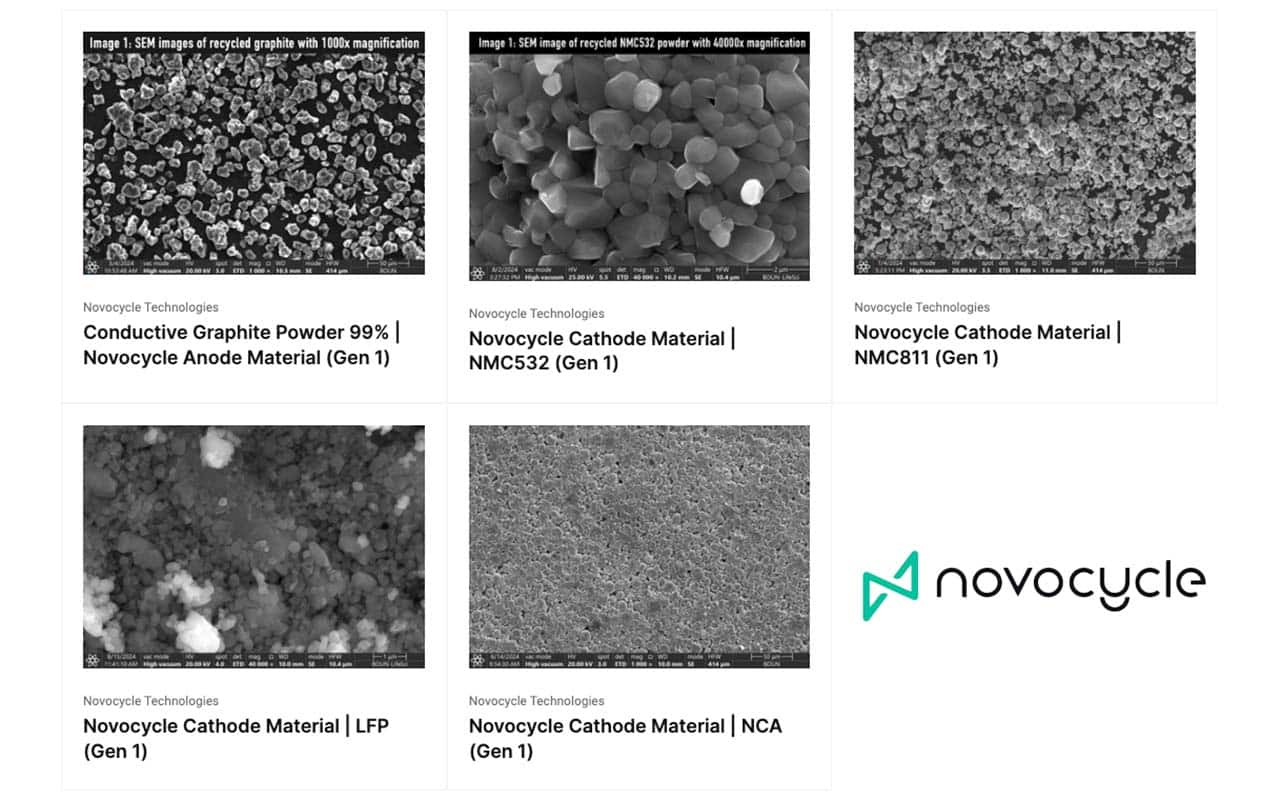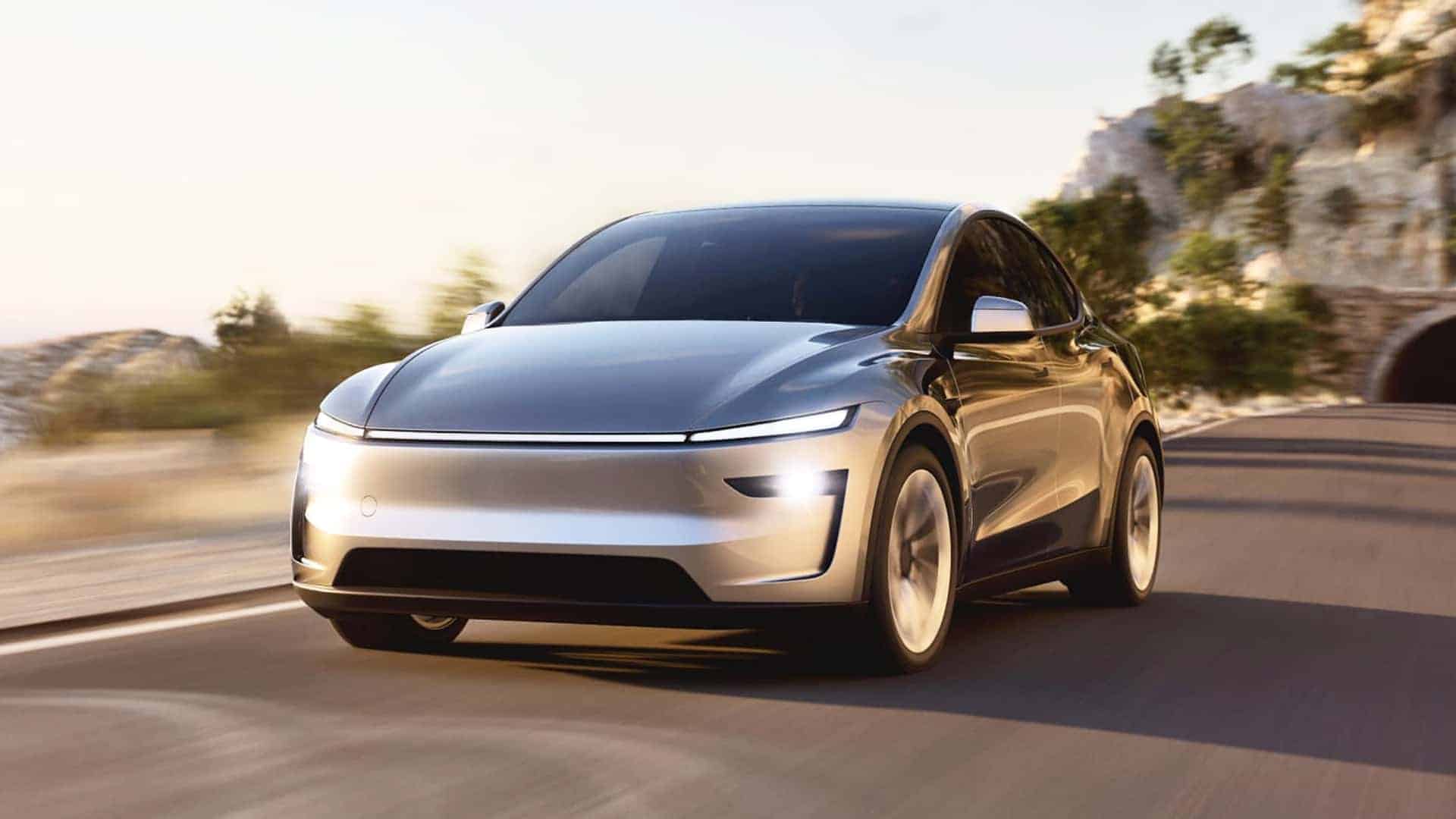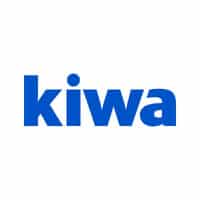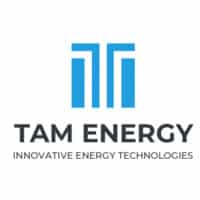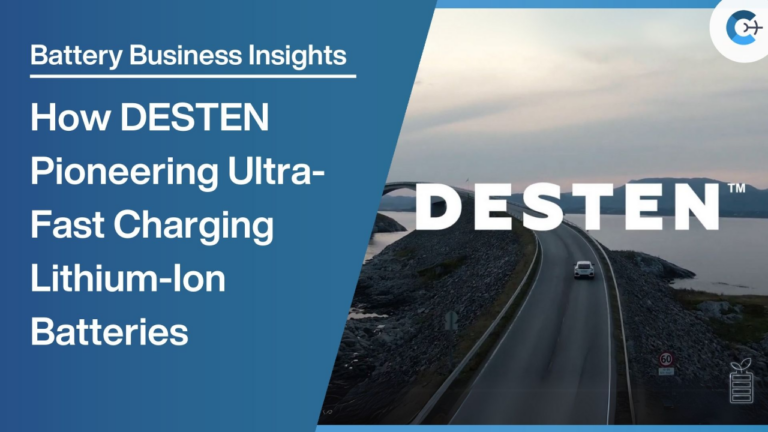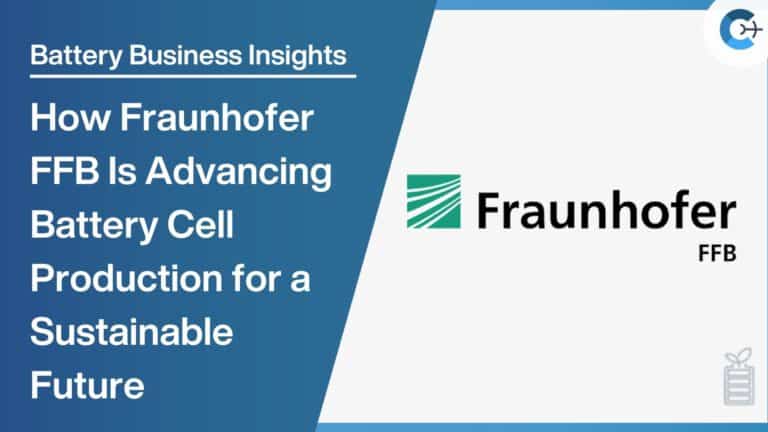The European Commission has unveiled the Competitiveness Compass, a strategic framework aimed at enhancing the European Union’s (EU) competitiveness and securing sustainable prosperity. Announced on January 28, 2025, the initiative is designed to position Europe as a leader in future technologies, services, and clean products while striving to become the first continent to achieve climate neutrality.
Over the past two decades, Europe has experienced a slowdown in productivity growth compared to other major economies. The Competitiveness Compass seeks to address this issue by leveraging the EU’s strengths, including its talented and educated workforce, capital, savings, Single Market, and unique social infrastructure. President Ursula von der Leyen emphasized the importance of addressing longstanding barriers and structural weaknesses to reverse the productivity trend and regain competitiveness.
The framework outlines three core areas of action: innovation, decarbonization, and security. In the realm of innovation, the EU aims to reignite its innovation engine by fostering environments for young start-ups, promoting industrial leadership in high-growth sectors, and encouraging the adoption of advanced technologies across established companies and small to medium-sized enterprises (SMEs). Initiatives such as ‘AI Gigafactories’ and ‘Apply AI’ will drive the development and industrial application of artificial intelligence in key sectors, alongside plans for advanced materials, quantum technologies, biotechnology, robotics, and space technologies.
Decarbonization efforts focus on addressing high and volatile energy prices by facilitating access to clean and affordable energy. The upcoming Clean Industrial Deal will support clean technology and new circular business models, with tailored action plans for energy-intensive sectors critical to European manufacturing. Additionally, the Compass aims to reduce excessive dependencies and enhance security by establishing new Clean Trade and Investment Partnerships. These partnerships will help secure the supply of raw materials, clean energy, and clean technology from global sources.
To support these core areas, the Competitiveness Compass introduces five horizontal enablers: simplification of regulatory and administrative processes, lowering barriers to the Single Market through a Horizontal Single Market Strategy, financing competitiveness via a European Savings and Investments Union, promoting skills and quality jobs through a Union of Skills initiative, and implementing a Coordination Tool to ensure the effective execution of shared EU policy objectives across Member States.
The Competitiveness Compass builds on the recommendations of the Draghi report, providing a clear roadmap for the next five years. Ursula von der Leyen stated, “With the Compass, the Commission presents its economic doctrine for the next five years. This doctrine is simple and can be summed up in one key word: competitiveness.”
Source: European Commission

